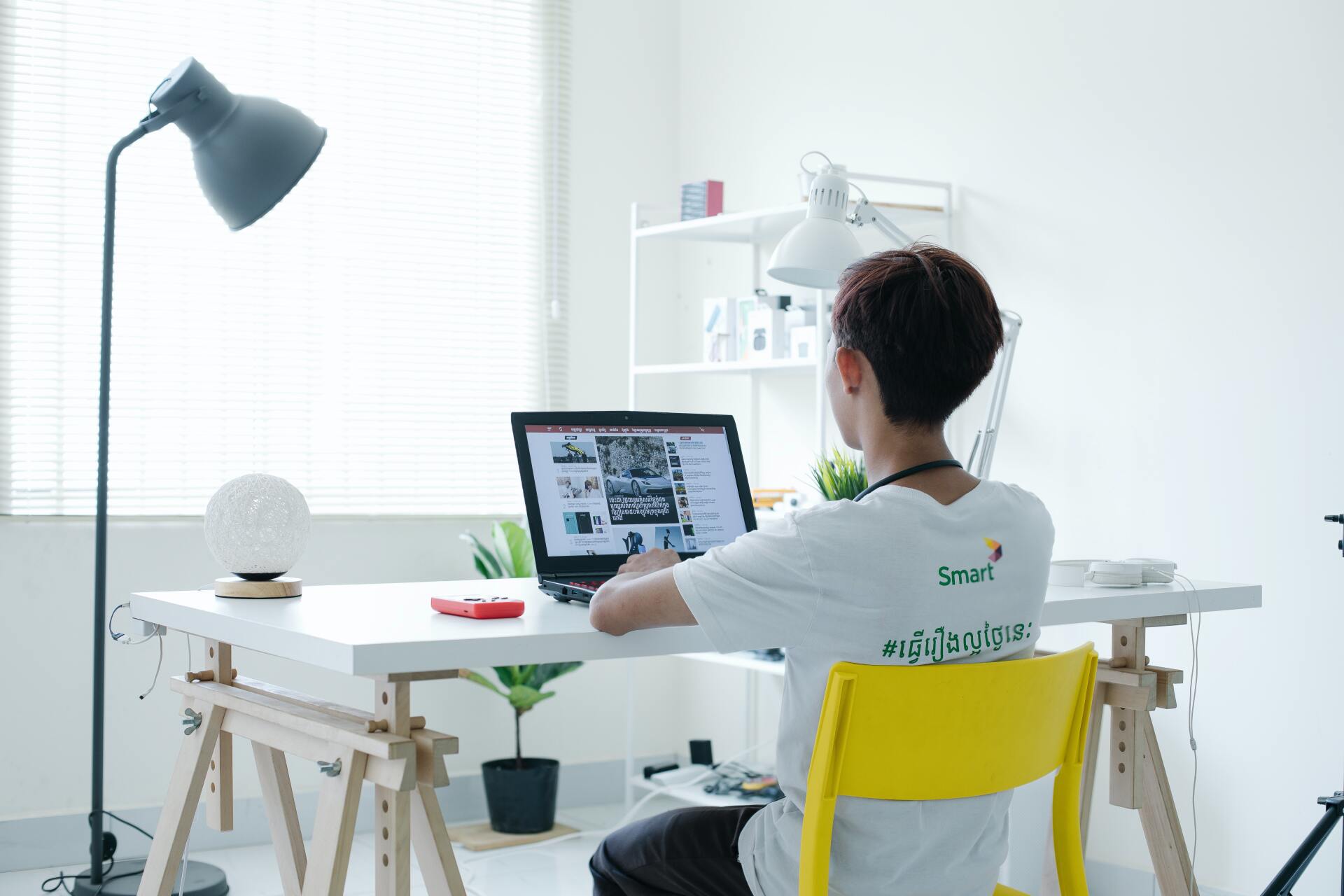I’m Working, I’m Studying, and I’m Trying to do Life! Help!
Suchitra Kaushik • October 27, 2019
Managing your day can be trying at the best of times. Add in studying part-time whilst juggling full-time work, and your days can feel almost insurmountable. To put the cherry on top, you have social commitments to manage too, and you’re now looking for a new city to live in to escape all your responsibilities.
It doesn’t have to be this hard, right? Right?!
I’m currently studying a Master of Commerce degree part-time and working full-time in a busy temporary recruitment team. Learning how to prioritise my time has been the biggest learning curve in my career to date.
So here are the biggest things I’ve learned that have helped me function:
-
Write it ALL down. Yes, even your coffee break at 10am – put it in your diary and don’t miss that appointment. If you don’t religiously map out your day and account for every hour, you’ll lose valuable time, you might miss deadlines, and you make more work for yourself.
-
Learn how to say no. To your friends, your family, your colleagues, and yourself. If you are at capacity with your to-do list in your working day, while it can be hard to say no to your peers or boss, you need to. If your friends and family are on your back to make time and you physically can’t, explain why and lock in a date in the future when you’re not feeling overwhelmed. If that voice in your head is telling you to procrastinate, say no - you’ll thank yourself later.
-
Schedule downtime in your week. Be it in the evenings when you’re watching trashy TV whilst eating dinner or exercising in the mornings before work. Take time to unwind, reset and refocus. Use your commute time (if you can) to listen to music, watch the scenery or catch up on your “to read” list. This is the best way to have the most focus for your busy day.
-
Maintain your support network. Don’t let those who love you suffer at the mercy of your last nerve. Thank your parents, partner, siblings, and colleagues for everything they do to help you get through the day without falling behind. Remember, they have your best interests at heart, and they want you to make it through your studies unscarred.
-
Free up your weekends. I try not to schedule more than one event on the weekend, and I try to avoid leaving my house as much as possible. Seven days consecutively on the go is tiring, and you will burn out eventually. A full day of pyjamas, Netflix, and your dog at your feet is essential for feeling refreshed and is also good for your soul.
-
Savour the little moments. From sunsets, the view of Sydney from the Harbour Bridge, or enjoying a really good cup of coffee. Practising mindfulness makes your crazy 12-16 hour days less of a chore and more gratifying.
So while I’m not a self-proclaimed expert on life and managing my time, I have been studying, working, and commuting three hours a day and have picked up tips from those around me, but I have also learned these lessons the hardest way possible (i.e. failing, realising, reflecting, rectifying).
On my busiest days and in the most trying times, the key thing I remember is that I’m putting myself through work and study for a reason – to be better, to challenge myself and to push my comfort zone to limit – and that is exactly what the 16 hour days give me.
Find the job you love I Find the right talent
Get in touch with people2people
Australia
I United Kingdom
In business since 2002 in Australia, NZ, and the United Kingdom, people2people is an award-winning recruitment agency with people at our heart. With over 12 offices, we specialise in accounting and finance, business support, education, executive, government, HR, legal, marketing and digital, property, sales, supply chain, and technology sectors. As the proud recipients of the 2024 Outstanding Large Agency and Excellence in Candidate Care Awards, we are dedicated to helping businesses achieve success through a people-first approach.
Recent articles









